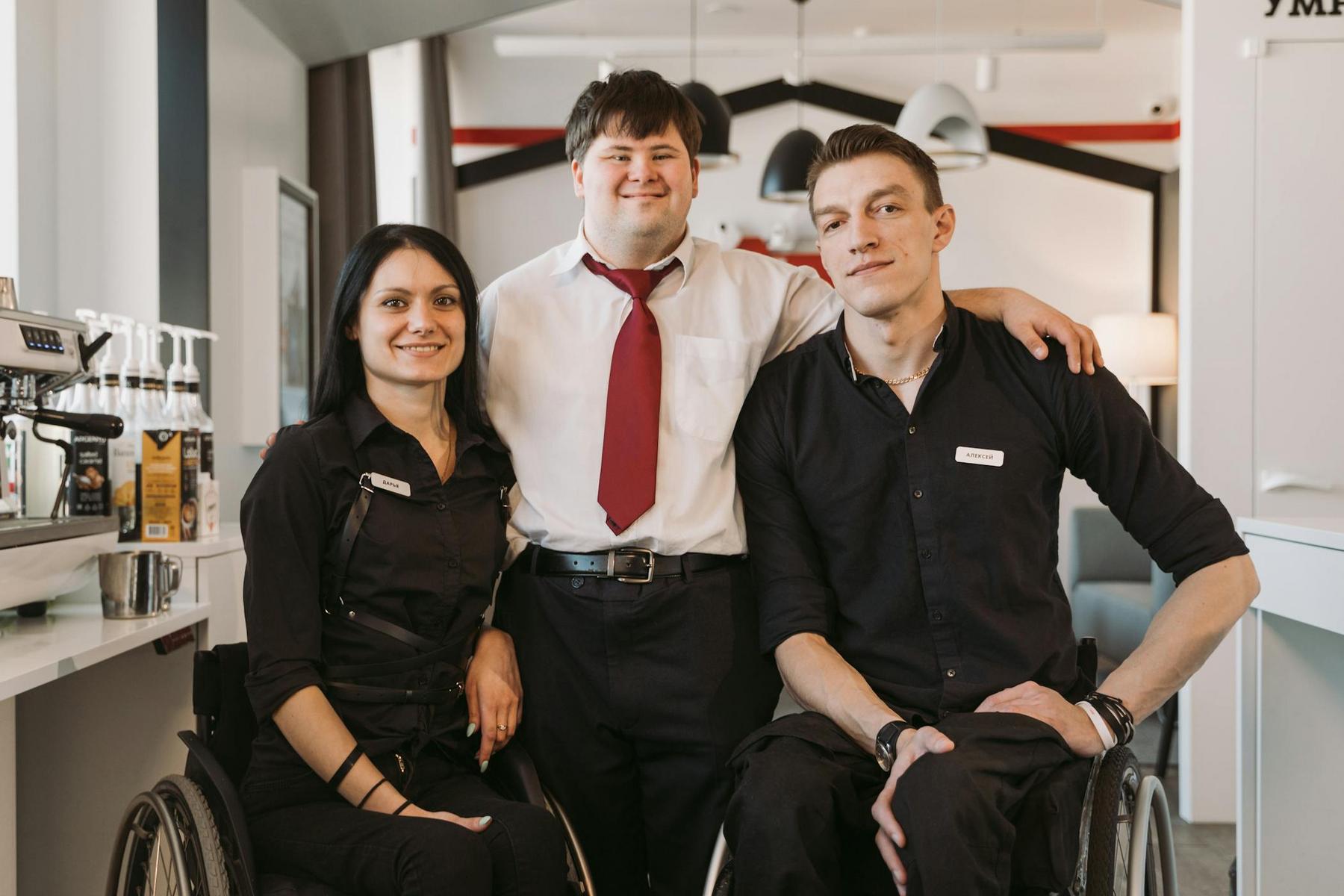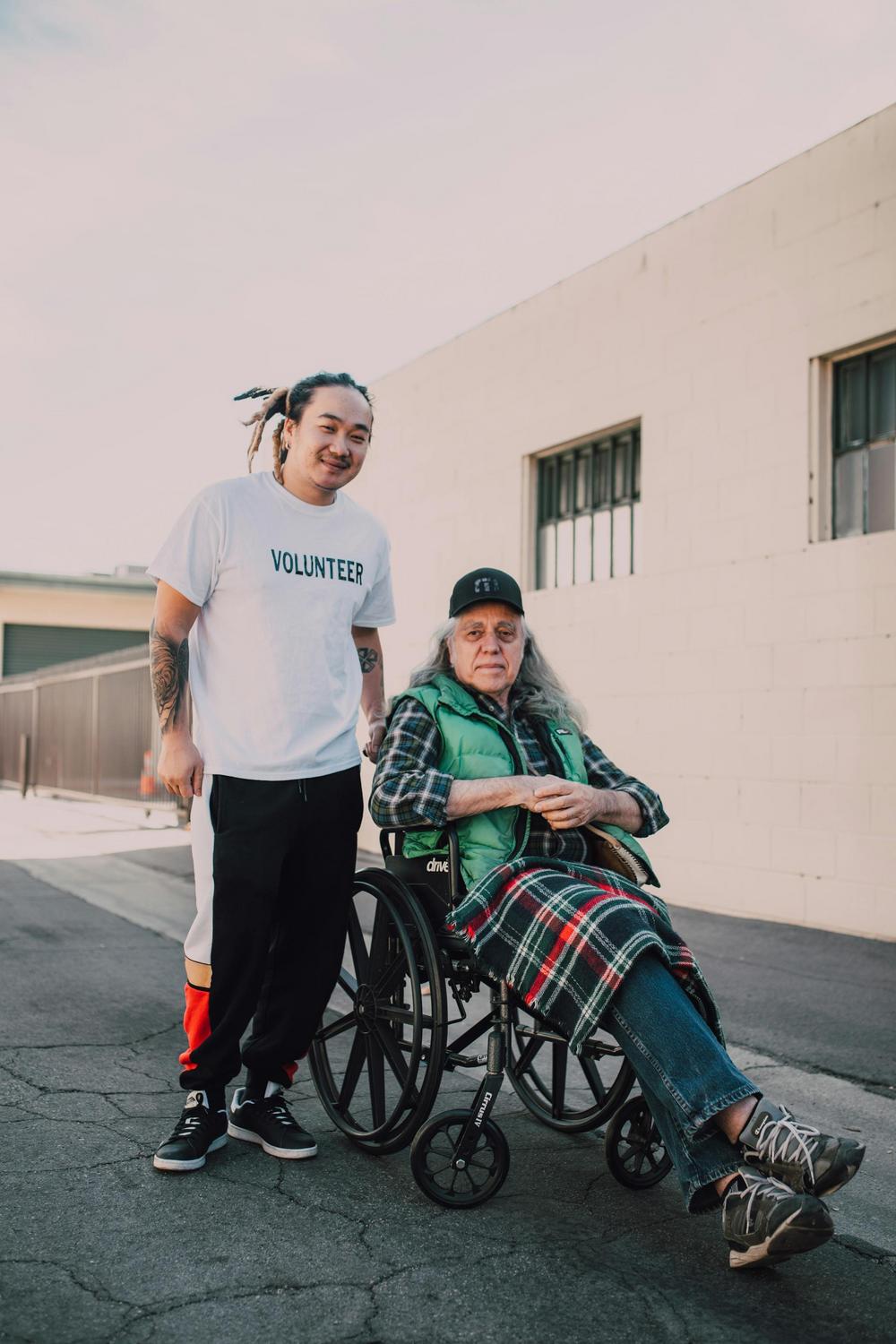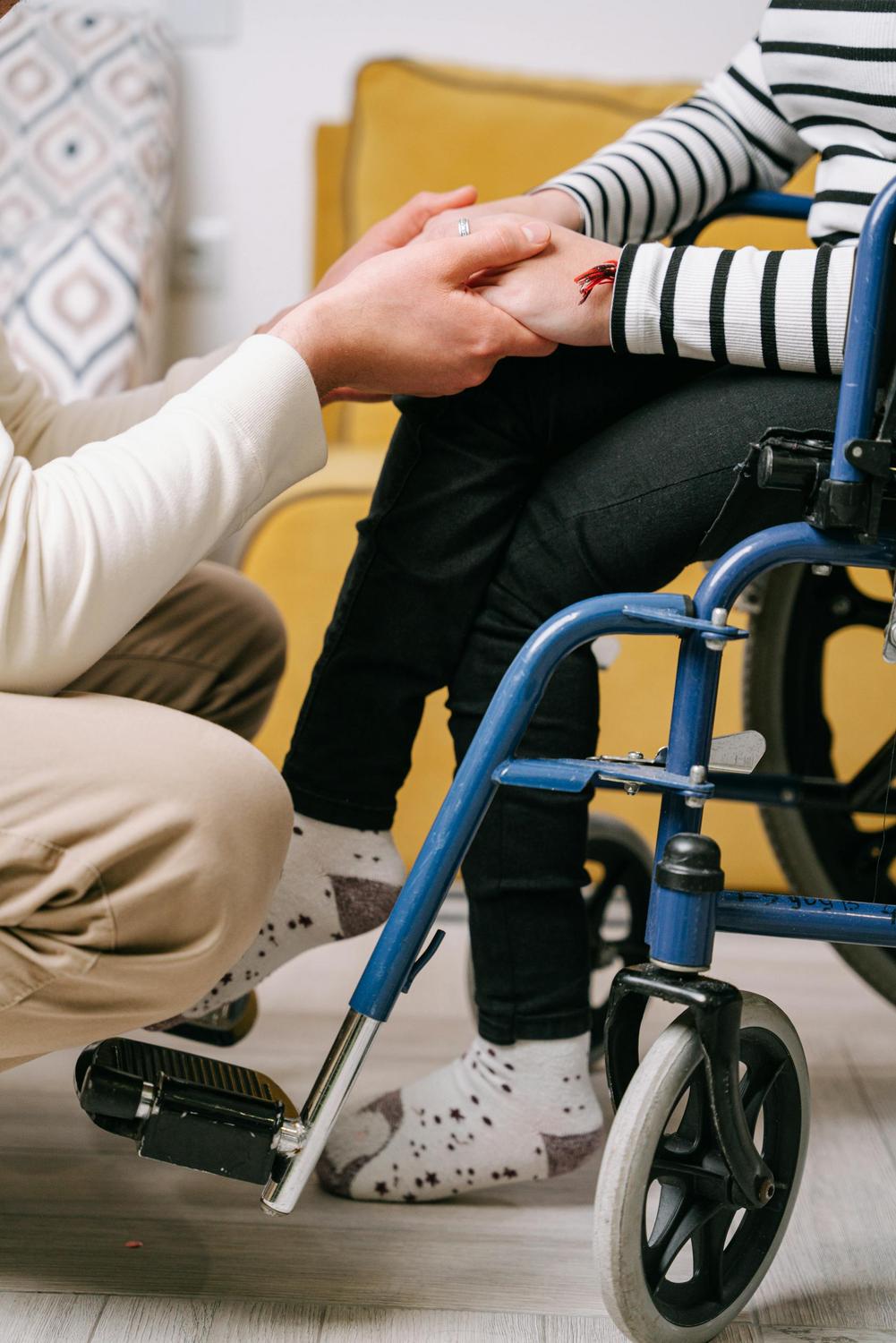The journey from school to adulthood represents a significant milestone for any young person. For youth with disabilities and their families in Cairns, this transition period can be both exciting and overwhelming. As the structured support of the school system gives way to the more complex world of adult services, many families find themselves navigating unfamiliar territory, juggling new terminology, funding models, and service providers while trying to ensure their young adult’s continued growth and independence.
Here at Advanced Disability Management, we understand that this transition doesn’t happen overnight. It requires careful planning, coordinated support, and a deep understanding of each individual’s unique goals and abilities. This guide explores the essential aspects of supporting youth with disabilities as they move into adulthood, with particular focus on the unique regional considerations of Far North Queensland.
When Should Transition Planning Begin?
The short answer: Earlier than you might think.
Research shows that effective transition planning should ideally begin by age 14, giving families and young people ample time to explore options, develop necessary skills, and establish relationships with adult service providers. In Australia, this process is guided by international frameworks such as the United Nations Convention on the Rights of Persons with Disabilities, which emphasises equal access to education and employment opportunities.
Many families in Cairns report that transition planning often begins too late, sometimes just months before school completion. This rushed approach can lead to significant gaps in services and missed opportunities for skill development.
Effective early transition planning involves several key components:
- Self-advocacy development: Opportunities for young people to practice expressing their needs, preferences, and accommodation requirements.
- Collaborative goal-setting: Involving the young person, family members, educators, and disability support coordinators in creating measurable, achievable outcomes.
- Workplace readiness programs: Programs offering work experience, volunteering, or school-based traineeships to build employment skills.
- Life skills training: Practical experiences in daily activities like navigating public transport, managing budgets, cooking, and interacting socially.
Advanced Disability Management’s pre-employment workshops provide valuable opportunities for mock interviews and industry-specific mentoring, building confidence well before school completion.
How Does the NDIS Support Young Adults During Transition?
The National Disability Insurance Scheme (NDIS) plays a crucial role in enabling youth to transition from school to adult life. Transitioning from paediatric to adult NDIS plans often requires a rethinking of priorities, as the focus shifts from school-based supports to community and vocational supports.
A quick comparison shows the change in focus:
| Paediatric NDIS Plans | Adult NDIS Plans |
|---|---|
| Focus on therapeutic interventions | Emphasis on independence and employment |
| Parents/carers manage funds | Increased choice and control for participants |
| School-based supports | Community and vocational supports |
| Coordination with paediatric health services | Coordination with adult health systems |
| Supports sometimes extend to the family unit | Focuses primarily on the individual |
For young adults in Cairns, this means reorienting NDIS plans to support employment, independent living, and community participation. School Leaver Employment Supports (SLES) offer funding for up to two years to help develop workforce skills.
It’s important to note that not every young person qualifies for NDIS funding. Around 10% of neurodiverse youth in Cairns might need to seek alternative support options such as Queensland’s Post School Options Program.
What Employment and Educational Pathways Are Available?
The shift from school introduces various opportunities for further education, employment, and community participation. In Cairns, these include:
Vocational Education and Training
TAFE Queensland and other registered training organisations offer certificate and diploma courses with dedicated disability support services. Many courses now recognise Prior Learning (RPL) from volunteer or traineeship experiences. Local partnerships, such as Advanced Disability Management’s collaboration with Cairns Central Shopping Centre, offer inclusive internships where participants gain real work experience.
Higher Education Options
James Cook University’s Cairns campus has made significant strides in accessibility, with sensory-friendly study spaces and extended exam accommodations. However, challenges remain, such as securing consistent support for note-taking and transport.
Supported and Open Employment
Supported Employment through Australian Disability Enterprises (ADEs) provides tailored workplace assistance, while open employment opportunities come with supports like funding for workplace modifications, disability employment services, and job access programs.
Why Are Regional Considerations Important in Cairns?
Living in Far North Queensland introduces unique factors such as:
- Geographic and Climate Factors: Cairns’ tropical, wet season poses challenges for mobility and public transport accessibility.
- Cultural Diversity: A significant Indigenous population means services must be culturally responsive, ensuring appropriate support for Indigenous youth.
- Transport and Housing Challenges: The dispersed communities and competitive rental market can lead to isolation from key employment and social hubs.
Innovative solutions, including hybrid service delivery models combining telehealth and in-person supports, help overcome these challenges.
How Does Supported Independent Living Foster Independence?
Supported Independent Living (SIL) provides a balanced approach whereby adults with disabilities live in shared housing with tailored supports. In Cairns, SIL residences often accommodate 3-4 residents, with staff offering assistance in daily living activities such as medication management, meal planning, financial budgeting, social engagement, and personal care.
Research indicates that SIL contributes to significant improvements in self-confidence and mental health, allowing residents to progressively develop independence while receiving appropriate support.
What Mental Health Support Is Available During Transition?
Transitioning from school to adult life can be emotionally challenging. Young people and their families face anxiety, stress from navigating complex systems, and the loss of familiar routines. The pandemic has exacerbated these challenges, with studies indicating higher anxiety levels among autistic youth in Cairns following disruptions.
Support options include specialised counselling, peer support groups, family-centred workshops, hybrid online and in-person support models, and telehealth mental health services. Advanced Disability Management also offers parent workshops addressing NDIS processes, self-care strategies, and community resource navigation.
Supporting Your Young Adult’s Transition Journey
Successful transition is a blend of early planning, individualised support, and an understanding of local challenges. Key takeaways include:
- Start transition planning early, ideally by age 14.
- Ensure the young person’s goals drive the process.
- Explore NDIS funding and alternative support options well in advance.
- Consider regional factors unique to Far North Queensland.
- Balance independence with appropriate ongoing supports.
- Prioritise mental health and emotional wellbeing throughout the process.
Each positive transition in Cairns is a step toward a more inclusive society where disability is seen as one aspect of a person’s identity, not a barrier.
How early should we start planning for my child’s transition to adult services?
Ideally, transition planning should begin by age 14. Early planning allows ample time to explore options, develop necessary skills, and build relationships with adult service providers. Advanced Disability Management is available to help even if formal transition programs haven’t begun.
What funding options are available for youth who don’t qualify for the NDIS?
For those who do not qualify for NDIS funding, options include Queensland’s Post School Options Program, Disability Employment Services, community-based programs like Northcott’s Life After School program, and various Centrelink services. Support coordinators can assist in identifying the most suitable alternative.
What makes transition services in Cairns different from metropolitan areas?
Transition services in Cairns must account for unique regional factors such as tropical climate challenges, dispersed communities, seasonal employment, and significant cultural diversity. Services are tailored to be flexible and culturally responsive, often using innovative delivery models to overcome geographical barriers.
How can families support their own wellbeing during the transition process?
Families can benefit from joining support networks, attending workshops on NDIS and caregiving, establishing clear boundaries between caregiver and support roles, maintaining open communication with their young adult, and prioritising self-care. Advanced Disability Management offers specific resources to help families navigate these challenges.
What specific services does Advanced Disability Management offer for transitioning youth?
Advanced Disability Management provides comprehensive transition services including pre-employment workshops, life skills development, Supported Independent Living options, transport assistance, and NDIS plan implementation. They also offer community participation programs and coordinate with education providers, ensuring a tailored approach for each individual’s needs.



